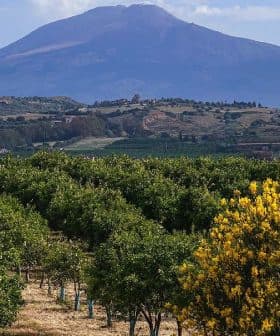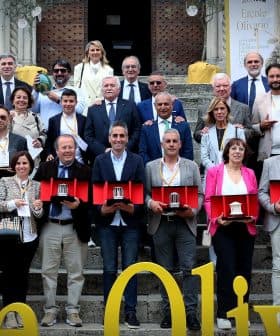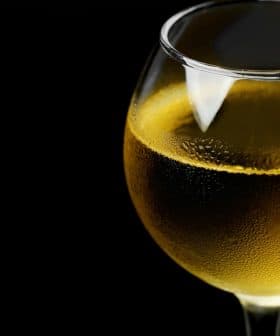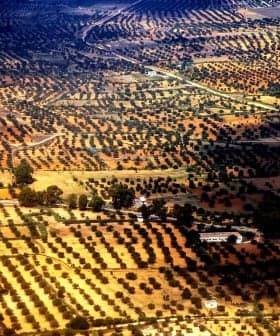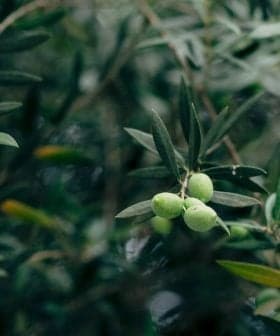Argentina Receives Its First Geographical Indication for Olive Oil
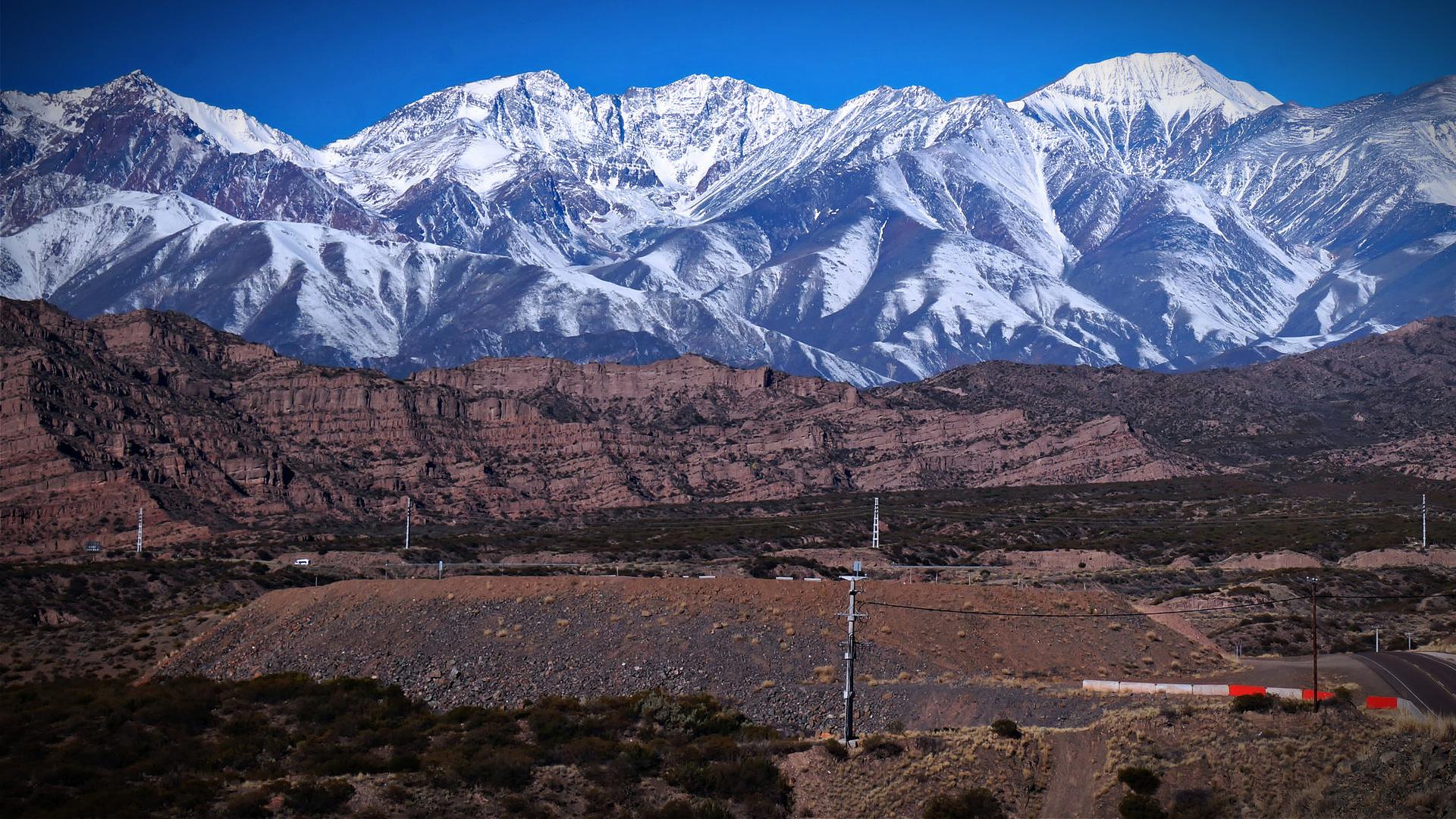
Extra virgin olive oil produced in Mendoza, Argentina will receive Protected Geographical Indication status, with the seal of quality set to come into force 30 days after being published by the Ministry of Agriculture. To qualify, the oils must contain a specific percentage of native Arauco variety olives, marking a significant step for local olive growers and the agricultural economy in the region.
Extra virgin olive oil produced in the western Argentine province of Mendoza will receive Protected Geographical Indication status by the end of the month.
The seal of quality that protects the extra virgin olive oils from imitation or counterfeiting will formally come into force 30 days after it was published by the Ministry of Agriculture, Livestock and Fisheries.
We believe that it is an opportunity to positively position local olive growing (on the market) and sustain at least part of the traditional olive trees of the Arauco variety.
To qualify for protected status, the extra virgin olive oils must be produced using a minimum of 20 percent to a maximum of 50 percent of the native Arauco variety. The remainder of the oil must include Frantoio, Arbequina, Farga, Coratina, Picual or Koroneiki olives.
The local producers and officials believe the PGI is an appropriate step in giving more value to quality productions.
See Also:Inclement Weather Dampens Argentina Olive Harvest, But Quality Remains High“A seal that allows identification by origin is very important for Mendoza’s olive growing,” Alfredo Baroni, the technical coordinator at the Rural Development Institute, told Olive Oil Times. “We believe that it is an opportunity to positively position local olive growing [on the market] and sustain at least part of the traditional olive trees of the Arauco variety, which produce a much superior oil, but with very low yields and which in many cases are found on small properties.”
“The olive tree has always been a very important agricultural and agro-industrial activity for Mendoza, which accompanied the wine industry,” he added. “Under this point of view, it is time to catch up with [the wine industry].”
Baroni said the new geographical indication “is an opportunity to accompany the efforts being made by various local businessmen to highlight the quality of local oils in various international competitions.”
According to the Argentine regulation, Mendoza olive oil was granted PGI status because the olives grown in the province endow the oils with specific qualities or characteristics not found in olive oils produced elsewhere in Argentina.
The Ministry of Agriculture describes the sensory profile of Mendoza PGI extra virgin olive oil as “fruitiness, with other positive attributes such as bitterness and pungency of medium-high intensity; and zero defects. Full-bodied, heavy and thick on the palate. On the nose, it stands out for a light fruitiness, absence of defects.”
“The characteristics of Mendoza oils change according to the varietal composition,” Mónica Mirábile, an agricultural science professor and researcher at the National University of Cuyo (UNCuyo), in Mendoza, told Olive Oil Times. “In general, they are intense oils, where bitterness and spiciness prevail. They are fruity, and the olive leaf and tomato stand out.”
The UNCuyo panel test played a pivotal role in analyzing the uniqueness of the new PGI. Mirábile said the local extra virgin olive oil has a high oleic acid content due to “the latitude of cultivation and Mediterranean climate.”
She added how approximately 30 percent of Mendoza’s olive groves comprise Arbequina, with 20 percent devoted to Arauco.
“Still, we also have the presence of other varieties such as Frantoio, Farga, Coratina, Picual, Koroneiki and Changlot,” Mirábile said.
As a result, local blends include the two varieties in the majority. The resulting extra virgin olive oils present physical-chemical and sensory attributes highly dependent on the proportion of the deployed cultivars.
“In blends with Arbequina, fruity notes of banana and apple and nuts predominate; less bitter and pungent. Harmonious,” Mirábile said.
When Arauco olives are in the majority, blends tend to present “herbaceous notes, leaves and vegetables” with a more bitter and pungent note.
Mirábile added how blends with Arauco “have a higher percentage of oleic acid, close to 70 percent, a very good value.”
“On the other hand, there is a good amount of phenolic compounds that, as they are antioxidants, increase the shelf life of the olive oil and are beneficial to human health,” she said.
The expected contents of the new PGI include 60 percent or more oleic acid, a total acidity inferior to 0.6 percent, more than 100 parts per million of polyphenols and less than 12 percent of peroxides.
The significance of olive oil in the Argentine agri-food economy has been steadily growing. According to the most recent data from Juan Vilar Strategic Consultants, it is the thirteenth country in the world in terms of surface area devoted to olive growing.
It is also the eleventh-largest olive oil producer, with 65 percent of that being virgin or extra virgin olive oil.
While the Mendoza extra virgin olive oil is the first PGI in the country, officials believe that this could be just the beginning of recognizing farmers’ work and giving more value to local quality productions.
“I hope that happens and that [the PGI announcement] will encourage other provinces and other regions of Argentina to do the same,” Baroni concluded. “I believe that many places meet the correct conditions, such as San Juan or the olive trees in Patagonia.”



